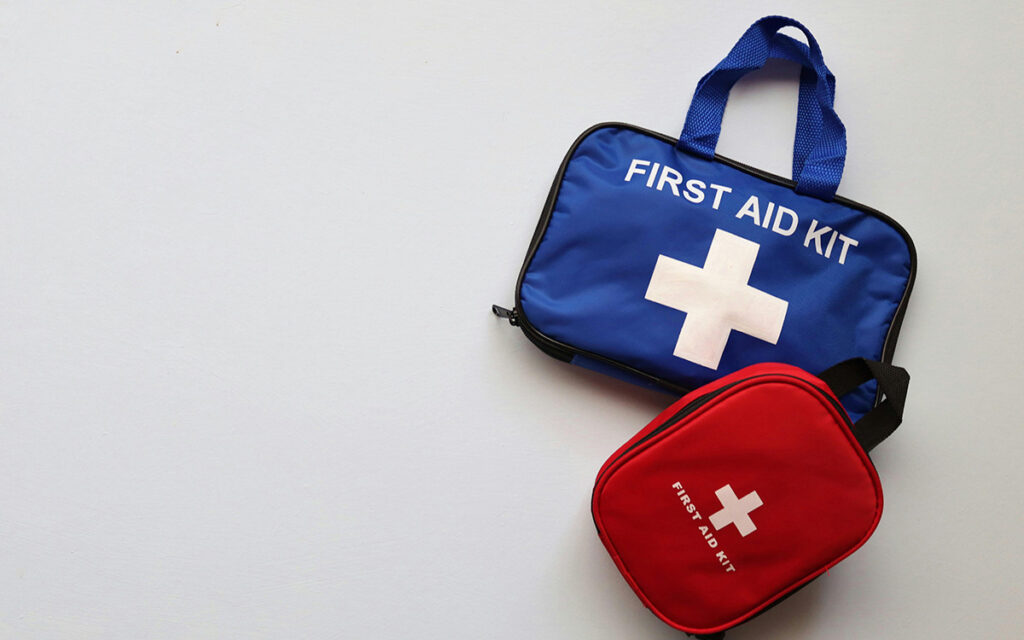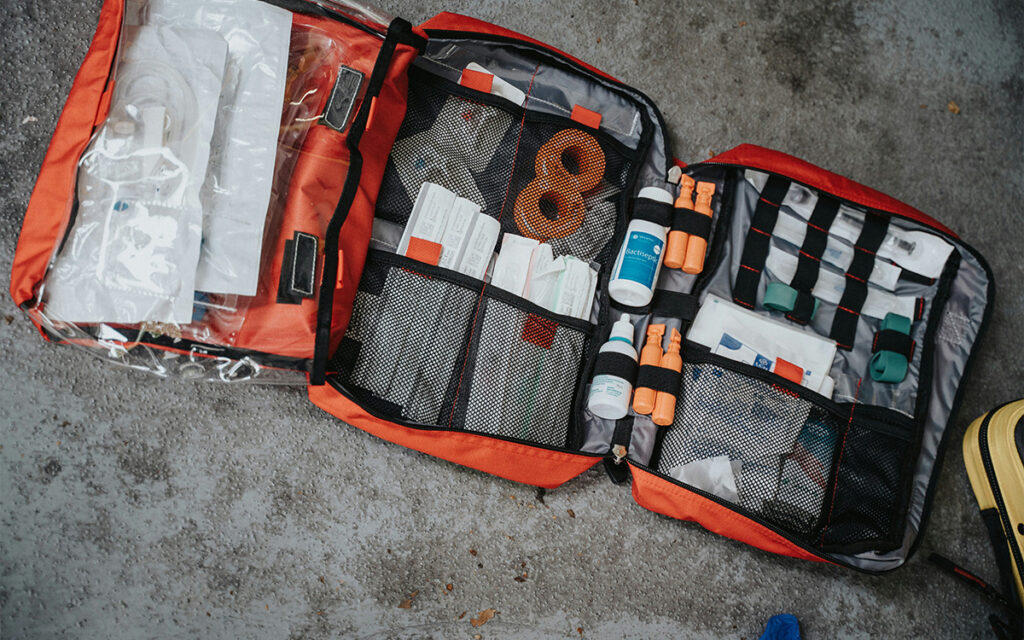For some, packing a suitcase before going travelling can be a difficult task whether you’ve packed too much and struggling to fit it all in your suitcase, or plain and simple you just don’t know what to pack in the first place. While personal belongings are obviously important, packing a travel medical kit is an invaluable item worthy of the precious space in your luggage. These kits don’t have to be large or expensive – typically the size of a lunchbox and can save you a lot of hassle in times of need so there’s really no excuse not to take one.
It is believed around 50% of travellers experience some sort of medical issue whilst travelling overseas, particularly when visiting underdeveloped countries. For major health issues, it is always best to have health insurance and seek proper medical care, but these issues are often minor inconveniences such as small wounds, diarrhoea, headaches, colds, and bug bites that are annoying but won’t ruin your trip. Having a medical kit allows you to easily treat yourself, prevent it from getting worse, and continue enjoying your amazing holiday!
Where can I get a travel medical kit?

Travellers medical kits with basic first aid are often provided by your doctor if you have a travel consultation, but they are also available for purchase or they are just as easy to put together yourself to suit you and your individual needs. Depending on your destination, some countries may need specific medications to treat things such as altitude sickness in places like the Himalayas or malaria prevention tablets and travellers diarrhoea in South-east Asia, but they can be just added in to individualise your kit.
What do you need to pack inside your travel medical kit?
What makes up the bulk of your travel medical kit is just basic first aid supplies because they cover a broad range of treatments. Some of the crucial things that should be included are band-aids, bandages, gauze, surgical tape, pain relief medication, antihistamines, loperamide tablets (for stopping diarrhoea), mild laxatives (for constipation) antibacterial hand sanitizer and cream, bug bite lotion, insect repellent and sunscreen. As said before, you may need less or more depending on your location and the activities you are undertaking. It won’t hurt to do some careful planning by thinking about and researching the area you are visiting and what may or not be available.
Travelling with prescription medication
If you have any pre-existing medical conditions make sure you have an ample supply of your prescription medication. You may not be able to source the same medication overseas, so it is often best to pack enough supplies to last your whole trip. But before you do do that, some prescription medicines are illegal overseas so seeking professional travel advice and checking with the embassy’s of the country you’re visiting to make sure your medicine is legal there is extremely important to avoid any misunderstandings. If your medication is in the clear, make sure you have all the relevant labelling with the name of the drug, dosage, what it is for, the name of who it is intended for, and when it was prescribed and a letter from your doctor detailing that it is for your personal use. For more information, check out our other post on general advice when travelling with medication.
